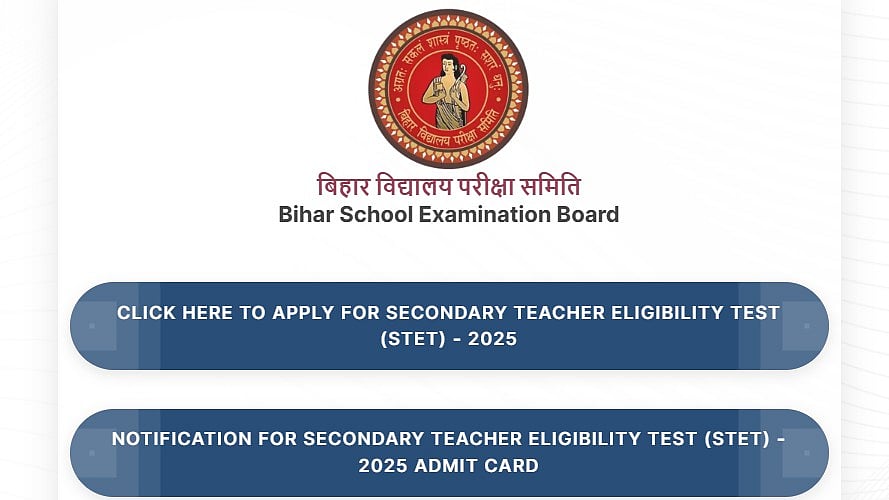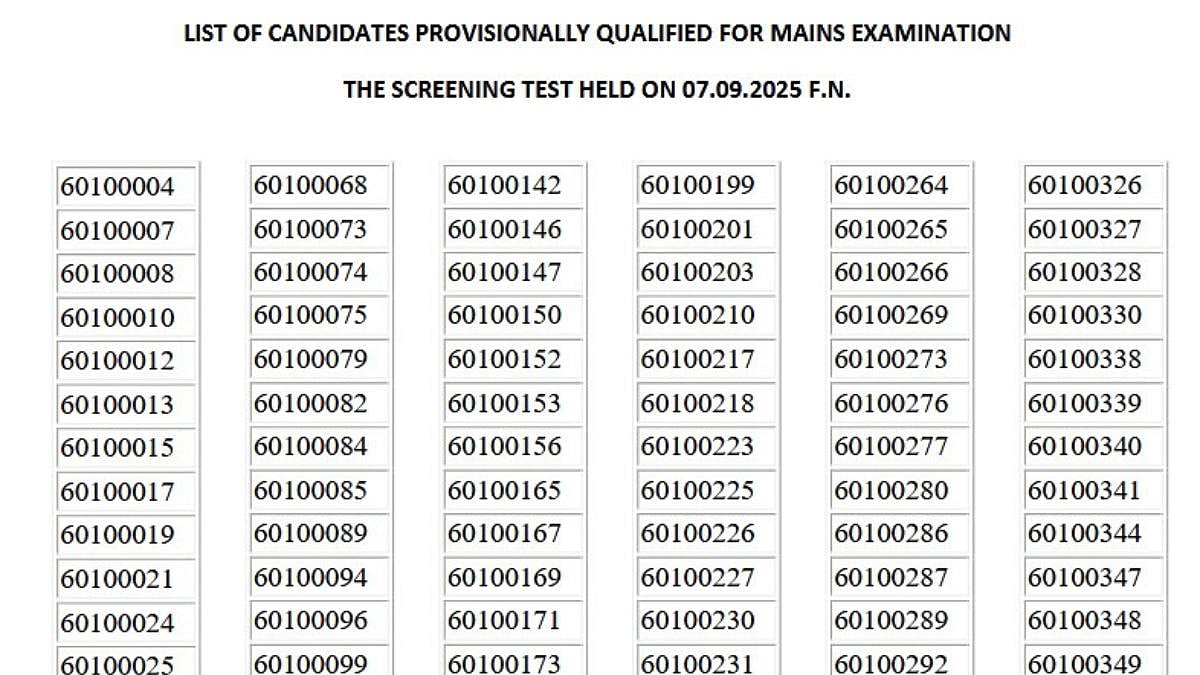Marshall McLuhan, a Canadian philosopher on Media coined the expression "the medium is the message" in his book, "Understanding Media: The Extensions of Man" and also termed another word "Global Village". McLuhan was born on July 21, 1911 in Alberta, Canada and was named "Marshall" from his maternal grandmother's surname.
The Philosopher predicted the World Wide Web almost 30 years before it was invented. He was a fixture in media discourse in the late 1960s, though his influence began to wane in the early 1970s. In the years following his death, he continued to be a controversial figure in academic circles. However, with the arrival of the Internet and the World Wide Web, interest was renewed in his work and perspectives.
Education
Marshall attended Kelvin Technical School and was enrolled in the University of Manitoba in 1928 as an engineering student, however after an year he changed majors and earned a Bachelor of Arts degree in 1933, and won a Gold Medal in Arts and Sciences.
In the following year he went on to receive a Master of Arts degree in English from the university. He had long desired to pursue graduate studies in England and was accepted by Trinity Hall, Cambridge, having failed to secure a Rhodes Scholarship to study at Oxford.
Though having already earned his B.A. and M.A. in Manitoba, Cambridge required him to enroll as an undergraduate "affiliated" student, with one year's credit towards a three-year bachelor's degree, before entering any doctoral studies.
His Honorary Degrees
University of Windsor, D. Litt., 1965
Assumption University, D. Litt., 1966
University of Manitoba, D. Litt., 1967
Simon Fraser University, LL.D., 1967
Grinnell University, D. Litt., 1967
St. John Fisher College, Lit. Hum., 1969
University of Alberta, LL. D., 1971
University of Western Ontario, D. Litt., 1972
University of Toronto, D. Litt., 1977
Doctorate after Marriage
McLuhan met Corinne Lewis in St. Louis, a teacher and aspiring actress from Fort Worth, Texas, whom he married on August 4, 1939. They spent 1939–40 in Cambridge, where he completed his master's degree (awarded in January 1940) and began to work on his doctoral dissertation on Thomas Nashe and the verbal arts.
While the couple were in England, World War II began in Europe, therefore he obtained a permission to complete and submit his dissertation from the United States, without having to return to Cambridge for an oral defence. In 1940, the McLuhans returned to Saint Louis University, where they started a family as he continued teaching. He was awarded a Doctor of Philosophy degree in December 1943.

Profession as a Teacher
McLuhan taught at Assumption College in Windsor, Ontario, from 1944 to 1946, then moved to Toronto in 1946 where he joined the faculty of St. Michael's College, a Catholic college of the University of Toronto.
In 1946, McLuhan began his teaching career at the University of Wisconsin-Madison, where he focused on the impact of mass media on society. He later moved to the University of Toronto, where he became a professor of English literature. During the 1950s and 1960s, he developed his most influential ideas and theories, making him one of the most prominent thinkers in media studies.
Canadian economist and communications scholar Harold Innis was a university colleague who had a strong influence on his work. McLuhan wrote in 1964: "I am pleased to think of my own book The Gutenberg Galaxy as a footnote to the observations of Innis on the subject of the psychic and social consequences, first of writing then of printing."
His Major contributions
In the early 1950s, McLuhan began the Communication and Culture seminars at the University of Toronto, funded by the Ford Foundation. As his reputation grew, he received a growing number of offers from other universities. During this period, he published his first major work, The Mechanical Bride (1951), in which he examines the effect of advertising on society and culture.
Throughout the 1950s, he and Edmund Carpenter also produced an important academic journal called Explorations. McLuhan and Carpenter have been characterized as the Toronto School of communication theory, together with Harold Innis, Eric A. Havelock, and Northrop Frye. During this time, McLuhan supervised the doctoral thesis of modernist writer Sheila Watson on the subject of Wyndham Lewis. Hoping to keep him from moving to another institute, the University of Toronto created the Centre for Culture and Technology (CCT) in 1963
McLuhan's 1942 Cambridge University doctoral dissertation surveys the history of the verbal arts (grammar, logic, and rhetoric—collectively known as the trivium) from the time of Cicero down to the time of Thomas Nashe.
In his later publications, McLuhan at times uses the Latin concept of the trivium to outline an orderly and systematic picture of certain periods in the history of Western culture. McLuhan suggests that the Late Middle Ages, for instance, were characterized by the heavy emphasis on the formal study of logic. The key development that led to the Renaissance was not the rediscovery of ancient texts, but a shift in emphasis from the formal study of logic to rhetoric and grammar.
The Gutenberg Galaxy
Written in 1961 and first published by University of Toronto Press, The Gutenberg Galaxy: The Making of Typographic Man (1962) is a pioneering study in the fields of oral culture, print culture, cultural studies, and media ecology.
His Awards List:
Honorary Award in Culture and Communication (Niagara University, New York), 1967
Molson Award for Outstanding Achievement in the Social Sciences, 1967
Appointment to the Albert Schweitzer Chair in the Humanities (Fordham University, New York), 1967-1968
The Institute of Public Relations President’s Award (Great Britain), 1970
Gold Medal Award from President of the Italian Republic at Rimini, Italy, in recognition of original work as philosopher of the mass media, 1971
Christian Culture (Assumption University), 1971
President’s Cabinet Award (University of Detroit), 1972
Vatican appointment as Consultor of the Pontifical Commission for Social Communications, 1973
Citation from The Religious Educational Association of the United States and Canada, 1973
Civic “Award of Merit” given by Mayor David Crombie at Toronto City Hall, 1974
“Man of Achievement” Diploma from the International Biographical Centre (Cambridge, England), 1975
Appointed to the McDermott Chair at the University of Dallas, April-May 1975










